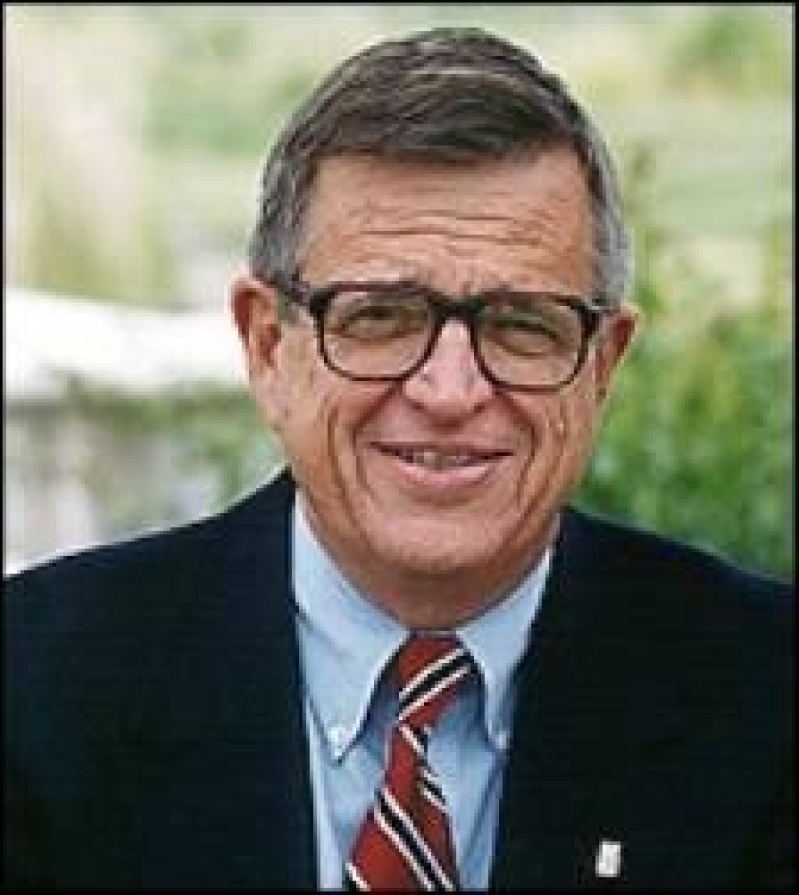
Edgar Hernandez probably doesn’t understand the fuss he created. When the 5-year-old from the Mexican state of Campeche coughed, the world caught a nervous breakdown.
Hernandez has been identified as the first person to have been infected with the strain of swine flu known as H1N1. As of yesterday there were approximately 2500 suspected cases of swine flu in Mexico with 159 suspected deaths.
In the U.S., the number of confirmed cases has “risen” to 64 with one death. The increase is at least partly due to what science writer Sandy Szwarc calls “seek and ye shall find.” Since we are now actively looking for swine flu, we are finding more of it. As she put it, “Cases identified with increased surveillance is not the same thing as actual increased incidents.”
To put these numbers in context, some 20,000 Americans die from flu-related illnesses every year. Thus, the President is right when he says that this outbreak warrants concern but not panic.
This hasn’t kept the media and political opportunists from behaving shamefully. It’s almost impossible to read a story about the flu without coming across the word “pandemic”-an attempt to link this outbreak to the 1918 influenza pandemic that killed millions. They speculate about whether there will be enough flu vaccine to protect Americans this winter.
What you rarely hear is that most Americans have already lived through a flu pandemic-that is, the 1968 Hong Kong flu. That pandemic killed scarcely more Americans than die from flu in an average year. Another thing you aren’t reminded of in the media is that the last time we worried about swine flu, in 1976, the vaccine wound up doing more damage than the disease.
The reporting and the rhetoric is part of what British sociologist Frank Furedi calls the “dramatization of disease.” The media and public officials “sound as if they are rehearsing their roles for a disaster movie”-a movie through which we express “our anxieties about everyday life.”
Furedi is onto something: The coverage of this outbreak has more to do with the culture than with science. Stories like this one frighten us because they undermine our confidence in our supposed ability to control our world.
In Christianity, pride is the deadliest sin, and ours is a prideful age. We thought that we had figured out a way to guarantee perpetual economic growth. And we even dare to talk about overcoming disease and even death.
Then reality, like Nemesis in Greek mythology, punishes us for our hubris. The economy craters and a virus reminds us of our vulnerability. Instead of being chastened, we become fearful. In effect, we are saying that a world we can’t control is a world too dangerous to live in.
Of course, it’s the only world humans have ever known. It’s why every attempt to re-create paradise not only fails, but causes more harm than good.
The alternative to demolished pride isn’t fear, it’s repentance. It’s humbly acknowledging our dependence on God. Without this, life can’t help but feel like a disaster movie.
_______________________________________________________
From BreakPoint®, April 30, 2009, Copyright 2009, Prison Fellowship Ministries. Reprinted with the permission of Prison Fellowship Ministries. All rights reserved. May not be reproduced or distributed without the express written permission of Prison Fellowship Ministries. “BreakPoint®” and “Prison Fellowship Ministries®” are registered trademarks of Prison Fellowship







